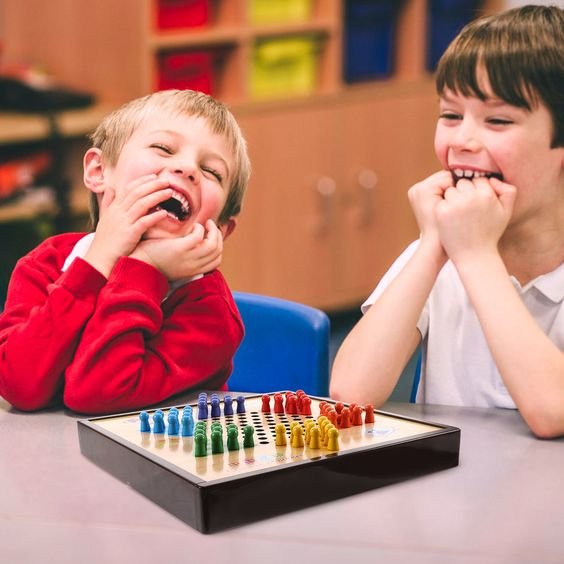Chess for Children: Unlocking Focus, Patience, and Lifelong Skills
Chess has long been recognized as a game of skill and strategy, but it’s also a powerful tool for developing young minds. Teaching chess to children goes beyond gameplay; it promotes focus, patience, problem-solving, and emotional resilience. In this article, we’ll explore how chess can benefit children in unique ways, helping them build skills that last a lifetime.
Why Chess is Perfect for Children’s Development
Chess is more than just a game; it’s a mind exercise. For children, playing chess regularly can be as beneficial as learning a new language or musical instrument. The structured thinking chess requires can be particularly valuable for cognitive development during early childhood. Studies show that chess supports areas like cognitive skills, creativity, and memory.
Benefits of Chess for Children
1. Developing Focus and Concentration
One of the most significant benefits of chess for children is improved focus and concentration. To make the right move, a child needs to fully concentrate on the board. Over time, this practice enhances their ability to focus in school and everyday life.
2. Building Patience and Resilience
Chess teaches patience in a unique way. Children learn that not every move needs to be fast; it needs to be smart. This helps them build patience and resilience, enabling them to handle challenges calmly, both on the chessboard and beyond.
3. Encouraging Critical Thinking and Problem-Solving
In chess, every move matters. Players need to anticipate their opponent’s actions and think several steps ahead. This process sharpens children’s problem-solving abilities and helps them become strategic thinkers, skills that will serve them throughout life.
4. Boosting Self-Esteem and Confidence
With each game, children build confidence in their abilities. Winning or even understanding the strategy in chess brings a sense of accomplishment that boosts self-esteem. The journey to checkmate teaches kids that progress and improvement come with practice.
How Chess Improves Social and Emotional Skills in Kids
Although chess is often seen as a solitary game, it can also be highly social. Children who learn chess often play with others, developing social and communication skills. It teaches them to engage respectfully with others, think empathetically about their opponent’s strategies, and handle victories and defeats gracefully.
Teaching Emotional Resilience
Chess naturally involves both wins and losses, which can be emotional for young children. Learning to accept loss, analyze their mistakes, and play again builds emotional resilience. This lesson in handling setbacks gracefully can be invaluable for their future challenges.
Getting Started with Chess for Kids: Tips for Parents
If you’re a parent interested in introducing your child to chess, here are some tips:
- Start with the basics: Explain each piece and its moves. Many free online resources, like Chess.com, offer interactive tutorials for beginners.
- Use apps and games: Numerous apps make learning chess fun and engaging for children. Platforms like Lichess and ChessKid provide safe and child-friendly environments for practice.
- Encourage regular practice: Like any skill, chess improves with practice. Try setting aside a regular time for chess, perhaps once a week, to build consistency.
- Join a chess club: Many schools and communities offer chess clubs for kids. This can be a great way to make new friends and experience the game as part of a community.
Chess as a Lifelong Skill
Learning chess at a young age can have lifelong benefits. Many adults who played chess as children report that the game helped them become better decision-makers and problem-solvers. The mental discipline fostered by chess can enhance academic performance and even career success.
For more resources on improving cognitive skills and creative learning methods, visit our page on Creative Learning Resources.
Final Thoughts on Chess for Children
Chess for children is more than just a hobby; it’s an educational tool that strengthens the mind and develops character. From improved focus to enhanced social skills, the advantages are substantial. Introducing your child to chess can be one of the best gifts for their intellectual and emotional growth. So why not start today?


